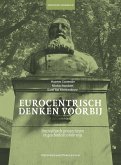
13,95 €
Sofort per Download lieferbar
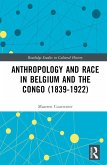
Gebundenes Buch
3. November 2023
Routledge / Taylor & Francis
| eBook, ePUB | 42,95 € | |
| eBook, PDF | 42,95 € |
eBook, PDF
3. November 2023
Taylor & Francis
eBook, ePUB
3. November 2023
Taylor & Francis
Ähnliche Artikel

64,99 €**
49,99 €
**Preis der gedruckten Ausgabe (Broschiertes Buch)
Sofort per Download lieferbar
Versandkostenfrei
Statt 19,90 €**
15,99 €
**Preis der gedruckten Ausgabe (Broschiertes Buch)
inkl. MwSt. und vom Verlag festgesetzt.
Sofort per Download lieferbar
eBook, PDF
28. Juli 2020
Wochenschau Verlag

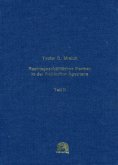
Statt 129,00 €**
89,99 €
**Preis der gedruckten Ausgabe (Gebundenes Buch)
inkl. MwSt. und vom Verlag festgesetzt.
Sofort per Download lieferbar
VersandkostenfreieBook, PDF
25. Februar 2021
utzverlag GmbH

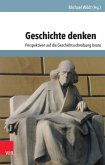

Statt 25,00 €**
22,00 €
**Preis der gedruckten Ausgabe (Broschiertes Buch)
inkl. MwSt. und vom Verlag festgesetzt.
Sofort per Download lieferbar

19,90 €
inkl. MwSt. und vom Verlag festgesetzt.
Sofort per Download lieferbar
eBook, PDF
19. Februar 2019
Wochenschau Verlag

Statt 16,95 €**
13,99 €
**Preis der gedruckten Ausgabe (Broschiertes Buch)
inkl. MwSt. und vom Verlag festgesetzt.
Sofort per Download lieferbar
eBook, PDF
24. Oktober 2023
GRIN Verlag
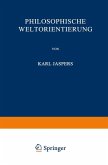
54,99 €**
42,99 €
**Preis der gedruckten Ausgabe (Broschiertes Buch)
Sofort per Download lieferbar
VersandkostenfreiÄhnlichkeitssuche: Fact®Finder von OMIKRON
